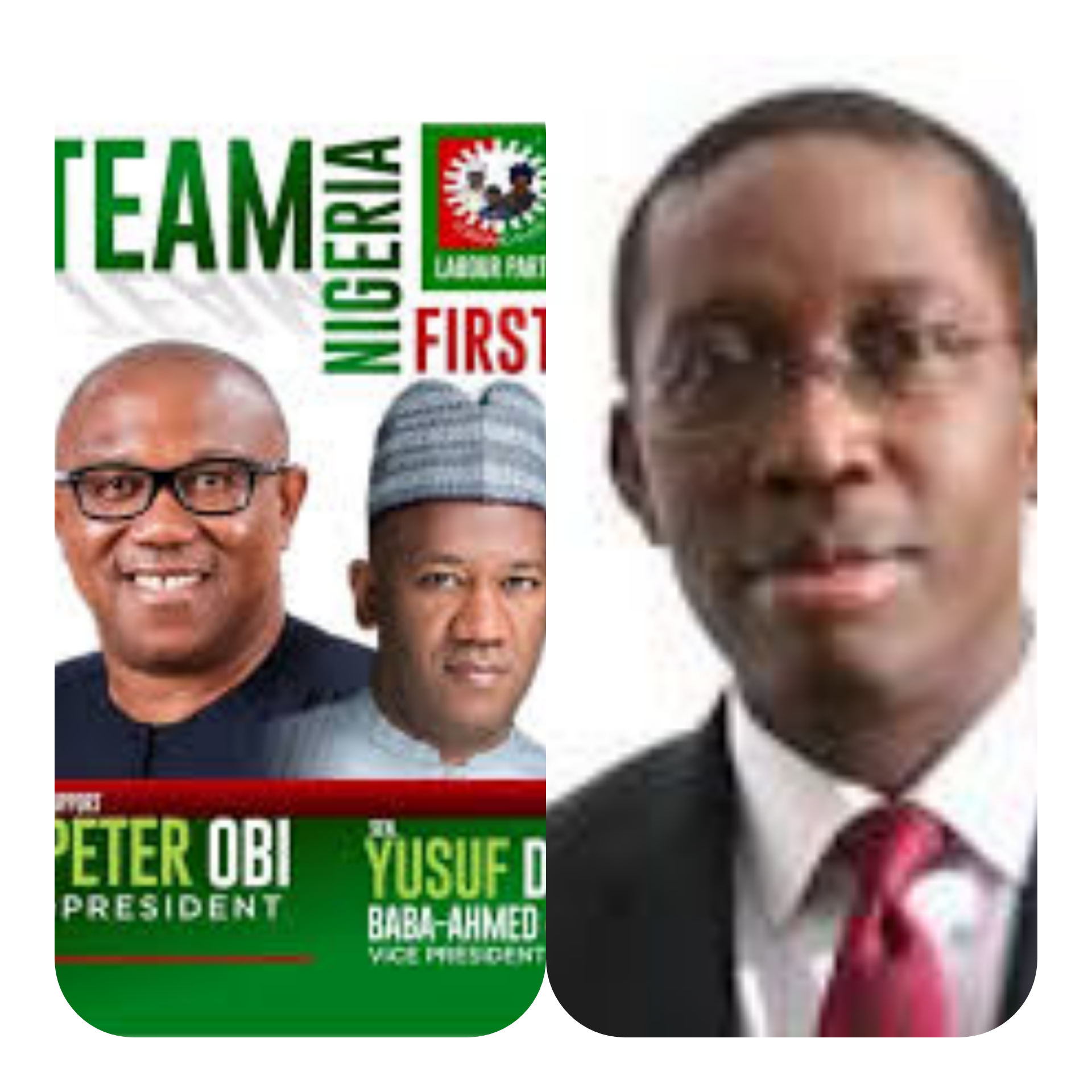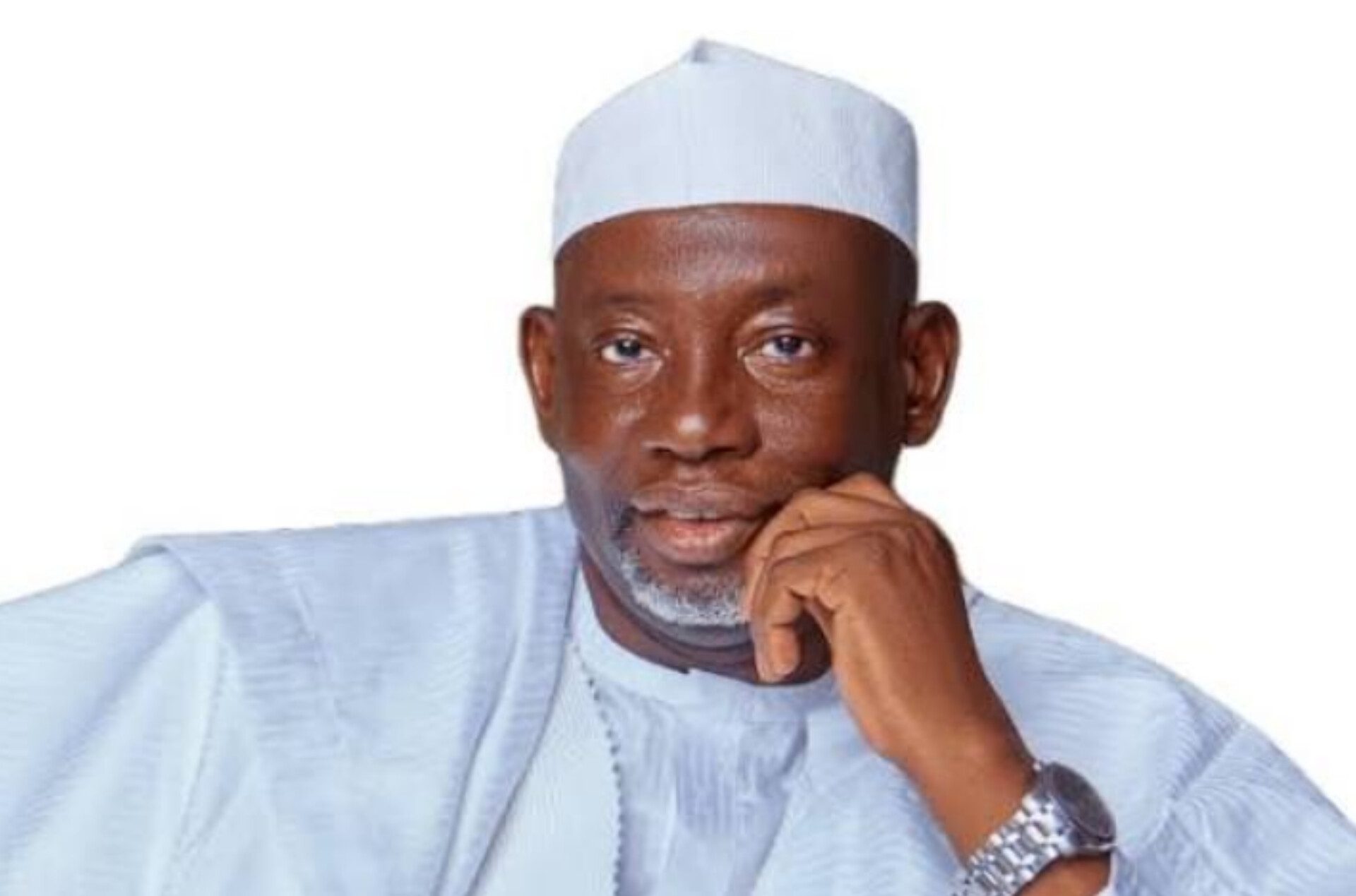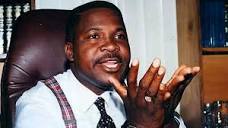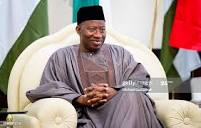By Ehichioya Ezomon
When politicians have nothing to offer, they resort to flaunting their “superior” educational qualifications and/or public or corporate experiences to deceive the electorate.
That’s why the haggle over “Who’s more qualified” to be Nigeria’s president in 2023 has been disputing to detract from the real issues of insecurity, poor economy, poverty, series of agitation, and disunity plaguing the country.
The candidates of the All Progressives Congress (APC), Bola Ahmed Tinubu, the Peoples Democratic Party (PDP), former Vice President Atiku Abubakar, and the New Nigeria Peoples Party (NNPP), Rabiu Musa Kwankwaso, have adjudged the candidate of the Labour Party (LP), Peter Obi, as unqualified for president, and won’t be able to secure the votes for victory in the 2023 general election.
And Obi’s reply: “They all qualify to rule Nigeria, but I’m more qualified. I’m more prepared and more physically and mentally fit to rescue the Nigerian economy from collapse and restore the nation to a path of prosperity and glory.”
Also, Asiwaju Tinubu, responding to Atiku’s criticism of his Muslim-Muslim ticket, has rated his running mate, former Borno State Governor Kashim Shettima, as more qualified than the vice presidential candidate of the PDP, Delta State Governor Ifeanyi Okowa.
But Dr Okowa respectfully advised the former Lagos State governor to leave the trivial, and address the myriad of problems confronting Nigeria, the collapsing APC, and the many unsavoury issues surrounding his candidacy.
Lately, though, Okowa got in Mr Obi’s crosshairs, for claiming that the former Anambra State governor has little experience for the presidency, which he stresses that Atiku is more qualified, and prepared for in the 2023 polls.
But in rapid responses, Obi’s supporters, and the LP vice presidential candidate, Yusuf Datti Baba-Ahmed, took Okowa to the cleaners for riding the tiger’s back.
The Okowa “dare” on “Who’s more qualified” among or between the main candidates or running mates, has echoed in Obi’s camp as a flop, and a put-down of Obi.
Really? A flop; an Obi downgrade? Maybe from those who didn’t watch or read the BBC interview from which the media uproar emanates about Okowa belittling Obi!
From unbiased observers, Okowa acquitted himself in flawless delivery of pidgin, and was calm, calculated, frank, measured, restrained and down-to-earth.
And a dispassionate evaluation of the interview would reveal Okowa didn’t mean to demean Obi but to assess his experience he deploys to ramrod his messaging of a “new kid on the block,” for a “New Nigeria” from 2023.
Hence Okowa’s admonition: “I did not say he (Obi) won’t have any votes, he will have. But what I’m saying is that he’s not a new candidate. It has not been long since he left PDP. You know he was in APGA before, from APGA he came to PDP.
“So he cannot say anything about PDP because that’s where he was before. Some of us are still here. At every party, there are good people and bad people. But today’s Nigeria is very troubled and we need the right person (as president).
“That is why I am appealing to our youths to be wise and vote well; they should not be blinded by the concept of a false change because that is how they raved on (former President Goodluck) Jonathan in 2015.
“His (Obi) previous experience is not enough for this one (the 2023 presidency); it will be hard. His experience is not deep enough. Even as a current governor ruling in a time of crisis, I know how hard it is.”
Okowa toutes Atiku’s experience gained in the Olusegun Obasanjo government (1999-2007) as vice president, and says it’s worthwhile for one to have such knowledge.
“For them (Obasanjo and Atiku) to have handled the economy at that time and made it something better, offering hope, creating jobs, and filtering the society was not easy because it’s a bigger thing,” Okowa says.
“So someone is supposed to learn through that. If you look at Obi’s experience, you’ll know it’s small,” Okowa says, adding that himself would learn under Atiku’s presidency.
Was Okowa fair to Obi in the interview? Not at all, says Obi’s running mate, Dr Baba-Ahmed, who hopes Okowa would retract his comment, “because it shows that he has no idea about what capacity is.”
Baba-Ahmed, on Channels Television programme, says, “When you speak of capacity, you are talking of people like Peter Obi and with all modesty, my humble self.”
He dismisses Atiku, Tinubu and Kwankwaso as having had “more leadership experience,” adding, “I fail to see anyone who even comes close to his Excellency, Peter Obi.”
Baba-Ahmed adds: “The world is now at the stage where we need private sector experience and among all of them, no one has much private sector business sense, prudence, frugality, ability to manage persons, communities, interest groups. None of the other three (candidates) has as much.”
In the BBC interview, Okowa declined repeated baits to tackle Rivers State Governor Nyesom Wike, and his “godfather,” former Delta State Governor James Ibori.
Overlooked for running mate, Wike, who came second in the primaries, has slammed Atiku and the PDP, even as his craving for “entitlement” has put Okowa on the spot.
Okowa served as a Commissioner in the Ibori government (1999-2007), and Secretary to the State Government under former Governor Emmanuel Uduaghan, Ibori’s cousin. And Ibori reportedly influenced Okowa’s election in 2015.
But for the 2023 PDP governorship, Okowa and Ibori have respectively propped up Sheriff Oborevwori and David Edevbie, and await the courts to anoint the “actual candidate,” for the INEC to enrol the “pick” for the polls.
The interview was apt for Okowa to blast Wike and Ibori – both assumed capable of scuttling his 2023 ambition, and the governorship aspiration of his “godson,” Oborevwori, the Speaker of the Delta State House of Assembly.
But on Wike, Okowa says: “We’ve been talking internally, everything is being settled. You know that when something happens and everybody can’t agree, it’s settled bit by bit.
“That is what we’re still working on from the inside. We are finding a way to talk. I’ll say, he (Wike) is my friend, I am his friend, and we will find a way to talk.
“For us in the party, it’s about how to bring everybody together, how all of us can work together. Wike is still a very important member of the party.
“He has worked so hard for the party, as many of us have worked hard, too. So we pray that everything comes together and we talk. I’m sure very soon we’ll be sitting down (and talk).”
On his bonding with Ibori, Okowa states that, “for our personal relationship, there’s no problem at all,” and acknowledges that, “Ibori is the leader of the PDP in Delta State,” and “I’m the PDP governor of Delta State.”
And “for the politics of it,” Okowa says when the court cases arising from the primaries are decided, they (Ibori and himself) would back the eventual candidate, adding, “the PDP will have a candidate for Delta in the 2023.”
As every politician’s word matters, and most possibly be interpreted contextually, the 2023 contestants should
refocus attention from “Who’s more qualified” for the presidency to the bigger national issues of the day.
Mr Ezomon, Journalist and Media Consultant, writes from Lagos, Nigeria.





